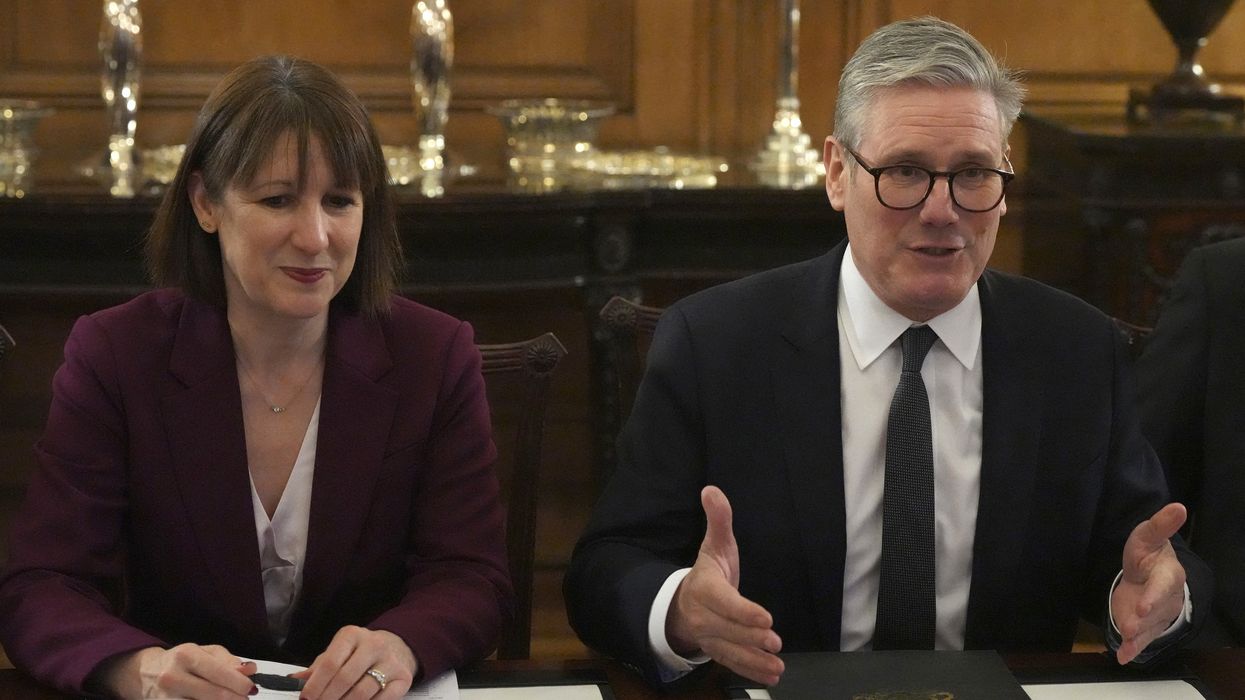RACHEL REEVES will remain as chancellor until the next general election, prime minister Keir Starmer has said.
Speaking at the launch of the government’s artificial intelligence action plan in east London, Starmer expressed support for Reeves’ approach to public spending, calling it “ruthless” and necessary to adhere to fiscal rules amid challenging economic conditions.
The Treasury is seeking significant savings from departmental budgets during the upcoming spending review to address fiscal pressures. This follows a turbulent week for the economy, with government borrowing costs rising and the pound falling to $1.21, its lowest since November 2023.
In a speech next week at the Institute for Government, chief secretary to the Treasury Darren Jones is expected to call for reforms to public services to improve efficiency and outcomes, reported The Guardian.
Proposals include potential changes to the welfare system, which costs £300 billion annually. Measures under consideration include amending work capability rules and exploring means testing for personal independence payments (Pip).
Labour MPs and disability advocates have raised concerns about potential cuts, particularly to benefits supporting disabled individuals.
Some ministers have stated that pensioner benefits, worth £150 billion annually, are unlikely to be affected due to political sensitivities.
The government is also exploring civil service redundancies, with more than 10,000 job cuts expected, The Guardian reported.
However, officials have ruled out returning to austerity-level reductions, a stance Reeves has reiterated. Despite these assurances, Labour MPs remain concerned about the scale of impending cuts.
Speculation over Reeves’ position intensified after UK bond yields rose, eroding her £10 bn fiscal headroom.
Starmer and Downing Street officials have dismissed such concerns, stating that Reeves will remain in her role for the duration of this parliament.
Starmer reiterated his confidence in Reeves, emphasising the long-term effort required to rebuild the economy after 14 years of Conservative governance.





